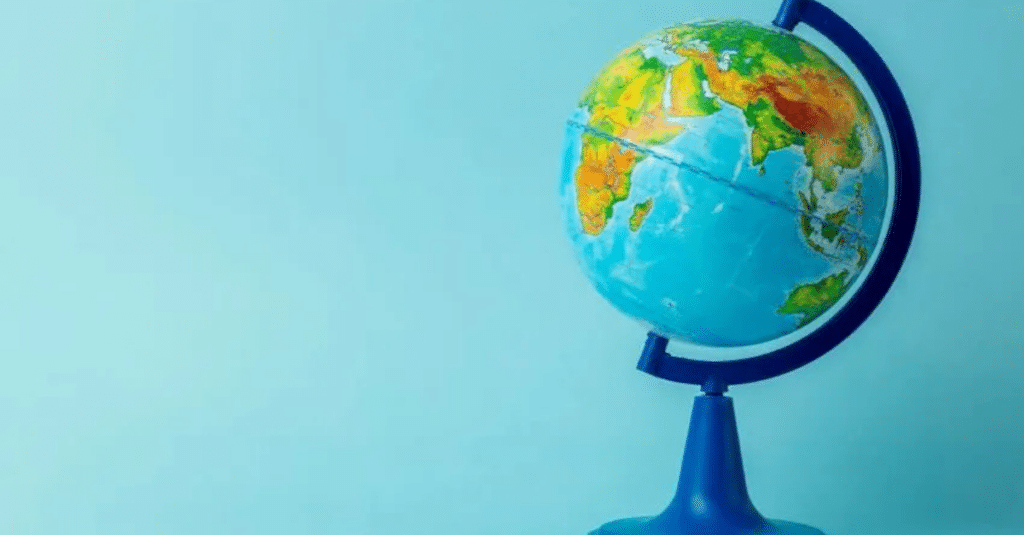Weaponised uncertainty
This is a phrase coined by Meredith Crowley, professor of economics at the University of Cambridge, to characterise Trump’s modus operandi. Volatility, in other words, is not an accidental byproduct of his actions; it is a deliberate strategy to disadvantage perceived rivals.
Impact on Business Travel: The Case of Denmark
Will that unpredictability inhibit business travel? One country where businesses are already facing this dilemma is Denmark, threatened, extraordinarily, not only with tariffs but even military action by Trump if it refuses to cede control of Greenland to the USA.
Danish Business Travel Association general manager Jen Søndergaard believes tariffs will not materialise, partly thanks to “all for one, one for all” support from the European Union. However, “it’s more the uncertainty which would make companies look at their strategies and decide whether to be cautious or go ahead as if nothing has happened,” he says.
Navigating Unpredictable Policy Shifts
Unpredictability has other consequences for business travel. One is the need to stay alert for sudden, untrailed lurches in policy. “It could be a 4am Tweet and suddenly Indian travellers have to go through additional security screening. It really could just be announced by Tweet,” says Riskline risk analyst Paul Mutter.
The Rising Threat of Misinformation
Uncertainty will also be amplified by the tsunami of misinformation that makes it harder to spot where true risks lie, a challenge compounded by social media providers removing their fact checkers, according to Wood. The risk is that employers and their travelling employees could end up with different views of what constitutes truth.
“In the main, people are able to discern misinformation,” he adds. But “different generations in the workplace have different views on veracity, the utiilisation and sourcing of that information.” This is an issue that organisations need to face up to.
Read the full article in BTN Europe. Check our 2025 Forecast for more insights on global challenges for this year.
Image credits: AdobeStock
